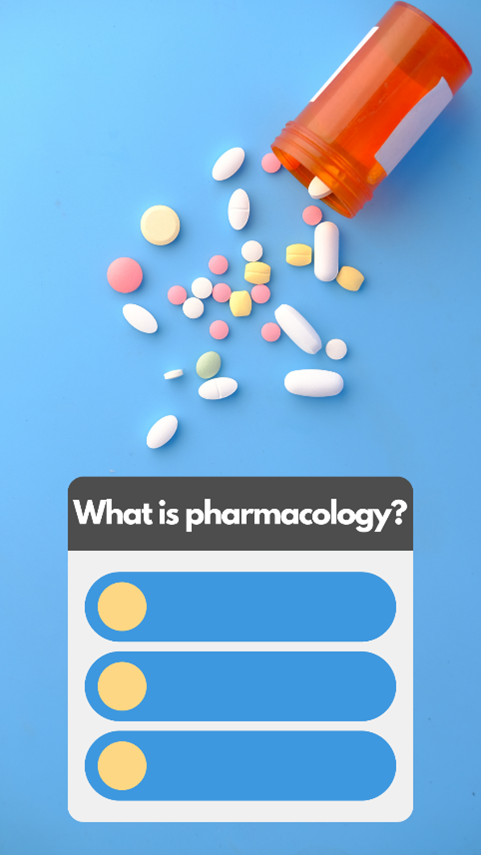November 13, 2023
Quiz: Do You Know Pharmacology Facts?
This is the final post in our miniseries on pharmacology. Check out the
others: "What Is Pharmacology?", "What Happens to Medicine In Your Body?", and "How Do Medicines Work?"

Pharmacologists research how the body acts on medicines (e.g., absorption, excretion) and how medicines act in the body, as well as how these effects vary from person to person. NIGMS-funded pharmacology researchers are:
- Conducting research to design medicines with fewer side effects
- Exploring how genes cause people to respond differently to medicines
- Developing new methods and molecular targets for drug discovery
- Discovering medicines based on natural products
- Understanding how medicines act using computers
- Monitoring brain function under anesthesia to develop safer anesthetic medicines that reduce side effects
- Creating artificial tissue to heal muscles after traumatic injuries
- Investigating how to treat patients with sepsis
- Measuring tissue damage from burns to help improve treatment options
Test your pharmacology knowledge with the quiz below.

Find the teaching activity that corresponds with this post in our Educator’s Corner.

